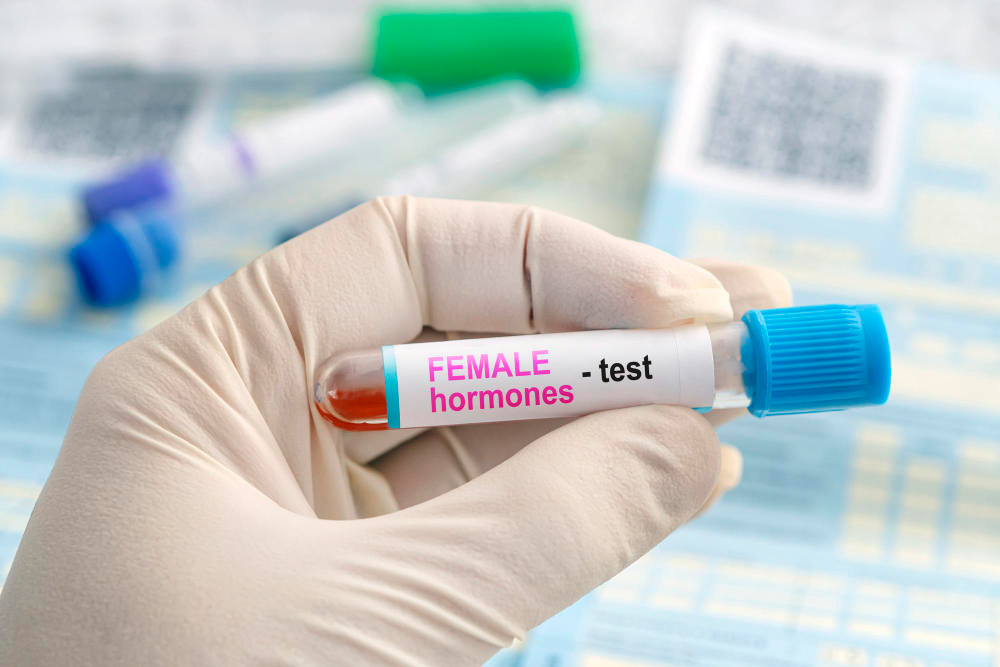What Is a Hormone Panel?
A hormone panel is a blood test that checks your hormone levels. Doctors use it to look for hormone imbalances. These imbalances can affect your health in many ways. Because hormones control many body functions, a hormone panel test can help find the cause of symptoms. For example, it can help with issues like tiredness, weight changes, or mood swings. The hormone panel is a key tool for hormone imbalance diagnosis. It gives a clear picture of your body’s hormone health.
Common Symptoms or Reasons for Ordering a Hormone Panel
Doctors may suggest a hormone panel if you have certain symptoms. Often, these symptoms are hard to explain. However, they may point to a hormone problem. Common reasons for a hormone panel include:
If you notice these symptoms, a hormone panel test may help find the cause. Early testing can lead to better treatment.
How a Hormone Panel Is Performed
Getting a hormone panel is simple. First, your doctor will ask about your symptoms. Next, they will order a blood test. At the lab, a technician will draw a small amount of blood from your arm. The process usually takes only a few minutes. Afterward, your sample goes to a lab for analysis. Because the test is quick and safe, most people have no problems. Results are usually ready in a few days. Your doctor will then review your hormone panel results and explain what they mean.
What Hormones Are Typically Tested?
A hormone panel can check many hormones. However, the exact tests depend on your symptoms. Common hormones tested include:
Sometimes, your doctor may order extra tests based on your health needs. This helps make sure you get the right diagnosis.
How to Prepare for a Hormone Panel
Preparation for a hormone panel is usually easy. Still, you should follow your doctor’s instructions. Here are some common tips:
Because some hormones change during the menstrual cycle, women may need to test at a certain time in their cycle. Always ask your doctor what to expect from a hormone panel before your test.
Understanding Results and What They Mean
When your hormone panel results are ready, your doctor will review them with you. Each hormone has a normal range. If your levels are too high or too low, it may point to a health issue. For example, low thyroid hormones can cause tiredness and weight gain. High cortisol may mean stress or another problem. However, one abnormal result does not always mean you have a disease. Your doctor will explain your hormone panel results and what they mean for your health. Sometimes, more tests are needed for a clear answer.
Treatment or Next Steps After Results
Once you know your results, your doctor will suggest next steps. These may include:
Because each person is different, treatment depends on your needs. Early treatment can help you feel better and prevent problems.
Lifestyle Guidance and Prevention Tips
Healthy habits can support your hormone balance. Even small changes can make a big difference. Try these tips:
Because prevention is important, these steps can help you stay healthy. If you notice new symptoms, talk to your doctor right away.
Conclusion
A hormone panel is a helpful test for finding hormone imbalances. It can explain many common symptoms and guide your treatment. If you think you may need a hormone panel test, consult a healthcare specialist for personalized advice about hormone panel testing.



